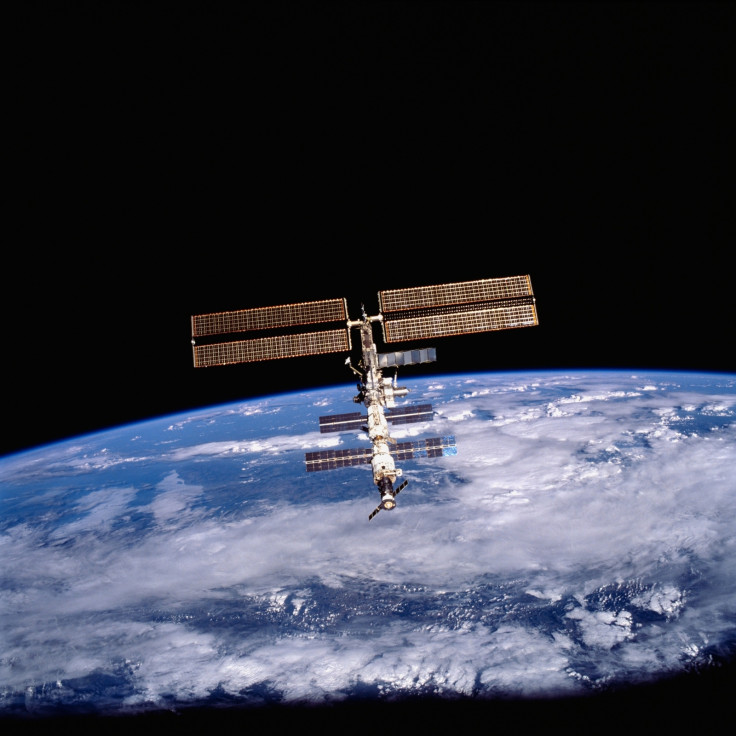ISS astronauts edit DNA in space for the first time
In a historic move, astronauts aboard the International Space Station (ISS) were able to edit DNA in space using CRISPR-Cas9.
In a historic move, astronauts aboard the International Space Station (ISS) were able to edit DNA in space using CRISPR-Cas9. According to the astronauts, their successful experiment can help in repairing human DNA damaged by cosmic radiation.
The premise behind the study was first proposed by the students Rebecca Rebecca Li, Aarthi Vijayakumar, Michelle Sung and David Li of Mounds View High School in Arden Hills, Minnesota. They submitted their proposal to NASA's Genes in Space program. For their entry, the students wanted to recreate radiation damage to an organism by creating breaks into the DNA strands of the Saccharomyces cerevisiae yeast.
Using the same idea as the basis for their experiment, astronauts Christina Kock and Nick Hague turned to the DNA of brewer's yeast as their main sample. To edit the yeast's genome, they used CRISPR-Cas9, a gene-editing technology that was adapted from the same editing system that naturally occurs in bacteria.
After editing or cutting into their sample, it was left alone to allow it to repair that damage that has been done to its DNA, Science Alert reported. Since the experiment was conducted in space, cosmic radiation was introduced during the editing sequence.
Although the final result of the experiment is yet to be published as an official study, it is already being lauded as a breakthrough since it is a clear indication that DNA editing can now be done in space.

This aspect is extremely important for astronauts because space missions typically take six months or longer, which means they are at risk of being exposed to radiation hazards. Even though the ISS is still protected by the Earth's magnetic field, staying onboard for a long period of time exposes astronauts to radiation levels that are 30 times greater than those on the planet's surface.
Through the experiment, astronauts will be able to protect their selves from cosmic radiation by repairing their own DNA.
"Ultimately, we can use this knowledge to help protect astronauts from DNA damage caused by cosmic radiation on long voyages and to enable genome editing in space," Emily Gleason, a Genes in Space program investigator said in a statement.
This article originally appeared in IBTimes US,
This article is copyrighted by International Business Times, the business news leader





